Is your WordPress website testing your patience with sluggish loading times? You’re not alone. Countless site owners find themselves asking, “Why is my WordPress site loading slow?” Slow loading can send visitors running, hurt your SEO, and even cost you conversions. But don’t stress—this guide will walk you through the most common culprits behind a slow-loading WordPress site and provide you step-by-step solutions to get your WordPress loading quickly and efficiently. Whether you’re a beginner or experienced webmaster, this in-depth article is packed with practical advice, expert insights, and actionable strategies that will fix your slow site for good.

What is a Slow-Loading WordPress Site?
When we talk about a WordPress site loading slow, we mean it takes too long for pages or resources to appear when a visitor lands on your website. Typical symptoms include spinning icons, partial content showing, or long delays before buttons and images load. Google recommends web pages load in under 2 seconds. Anything above 3 seconds is considered slow and risks losing half your visitors—according to data from The Search Engine Shop and Digital Silk. A fast-loading website keeps visitors engaged, builds trust, and helps you stand out in search results.

Why It Matters When Your WordPress Site Loading is Slow
A slow WordPress website hurts in many ways. Here are some strong reasons why you should care about your website’s speed:
- Poor user experience: Most visitors expect instant access. Slow-loading pages will drive them away.
- Lower SEO rankings: Google uses speed as a ranking factor. A slow WordPress site could be buried in search results.
- Higher bounce rate: Every extra second increases bounce rate and reduces session duration.
- Lost conversions: Sites that load fast convert more leads and sales. A delay of 1 second can reduce conversions by 7%.
- Damaged brand image: Slow websites signal unprofessionalism or neglect.
- Mobile visitors suffer most: Mobile users have even less patience for laggy pages.

A blazing fast WordPress website boosts retention, increases trust, and helps your business thrive.
Common Reasons Why Your WordPress Site is Loading Slow
Let’s look at real-world use cases and examples why WordPress loading times may suffer:
- Poor Hosting: Cheap or shared hosting overcrowds websites on one server, leading to slow response times.
- Too Many Plugins: Every plugin adds weight. Some are poorly coded or conflict with each other, making WordPress loading much slower.
- Large Images & Media: Unoptimized images are the #1 reason for bloated load time.
- Outdated WordPress Core, Plugins, or Themes: Old versions slow down performance and open your site to vulnerabilities.
- No Caching: Not using caching forces your server to generate each page from scratch, rather than displaying a ready-to-go page.
- Unminified CSS/JS: Bulky CSS or JavaScript slows rendering and blocks interaction.
- External Scripts: Ads, live chats, or analytics widgets from third parties can drag down your speed.
- Database Bloat: Years of revisions, spam comments, and unused data slow down queries and page loads.
- Heavy Themes: Premium themes with too many features or non-optimized code increase resource usage.
- Not Using a CDN: Content Delivery Networks cache your site across the globe for snappier delivery everywhere.
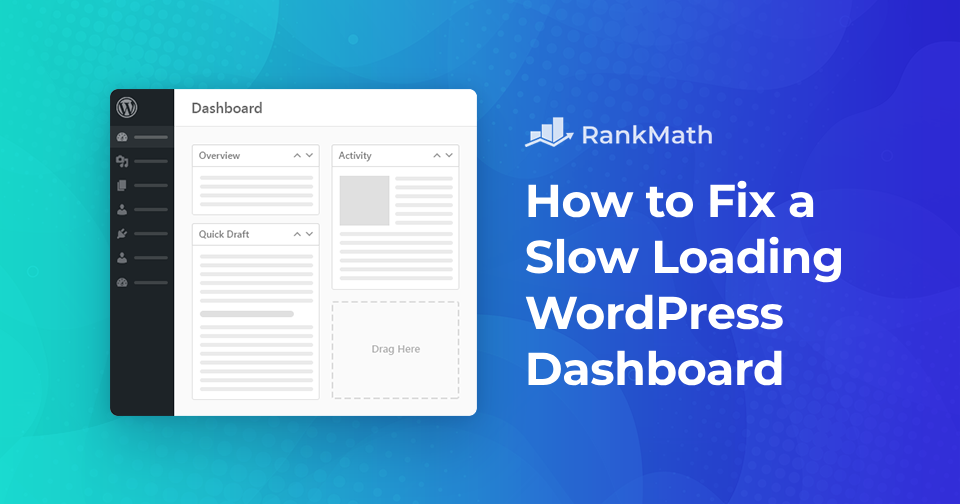
If any of these sound familiar, your WordPress site’s loading speed could be suffering.
Step-by-Step Action Plan: How to Fix a Slow WordPress Site
Ready to tackle sluggish load times? Here’s a research-backed, actionable workflow to speed up your WordPress loading, inspired by experts at Malcare and other pros:
1. Test Your Site’s Speed with Tools
Don’t guess—measure! Use PageSpeed Insights, GTmetrix, or Pingdom to test your loading time. These tools will break down exactly what’s slowing your site.
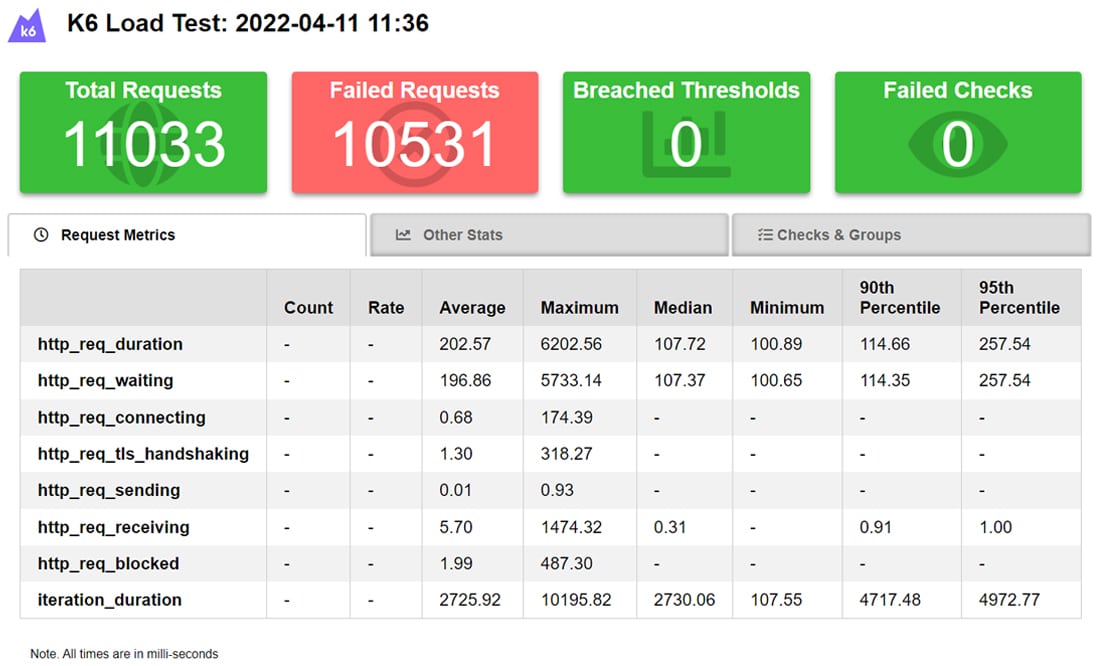
2. Switch to Better Hosting
If you’re using bargain-bin shared hosting, upgrade! Managed WordPress hosting or high-quality VPS/cloud providers (like SiteGround, Kinsta, WP Engine, Cloudways) are optimized for performance and reliability.
3. Remove or Replace Heavy Plugins
Audit your plugins. Deactivate and delete unused, outdated, or duplicative plugins. Replace heavy plugins with lightweight alternatives where you can. Use only what’s essential.
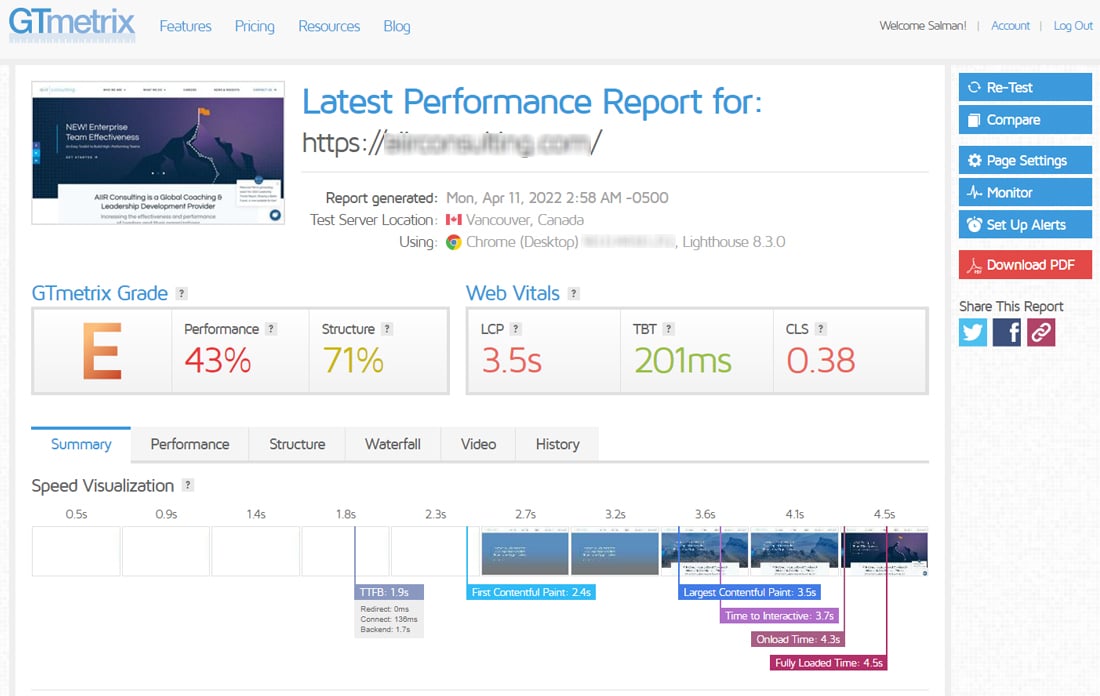
4. Optimize Images
Always resize and compress images before uploading. Use WordPress plugins like Smush, Imagify, or ShortPixel. Serve next-gen formats (WebP, AVIF). Enable lazy loading for off-screen images for further speed gain.
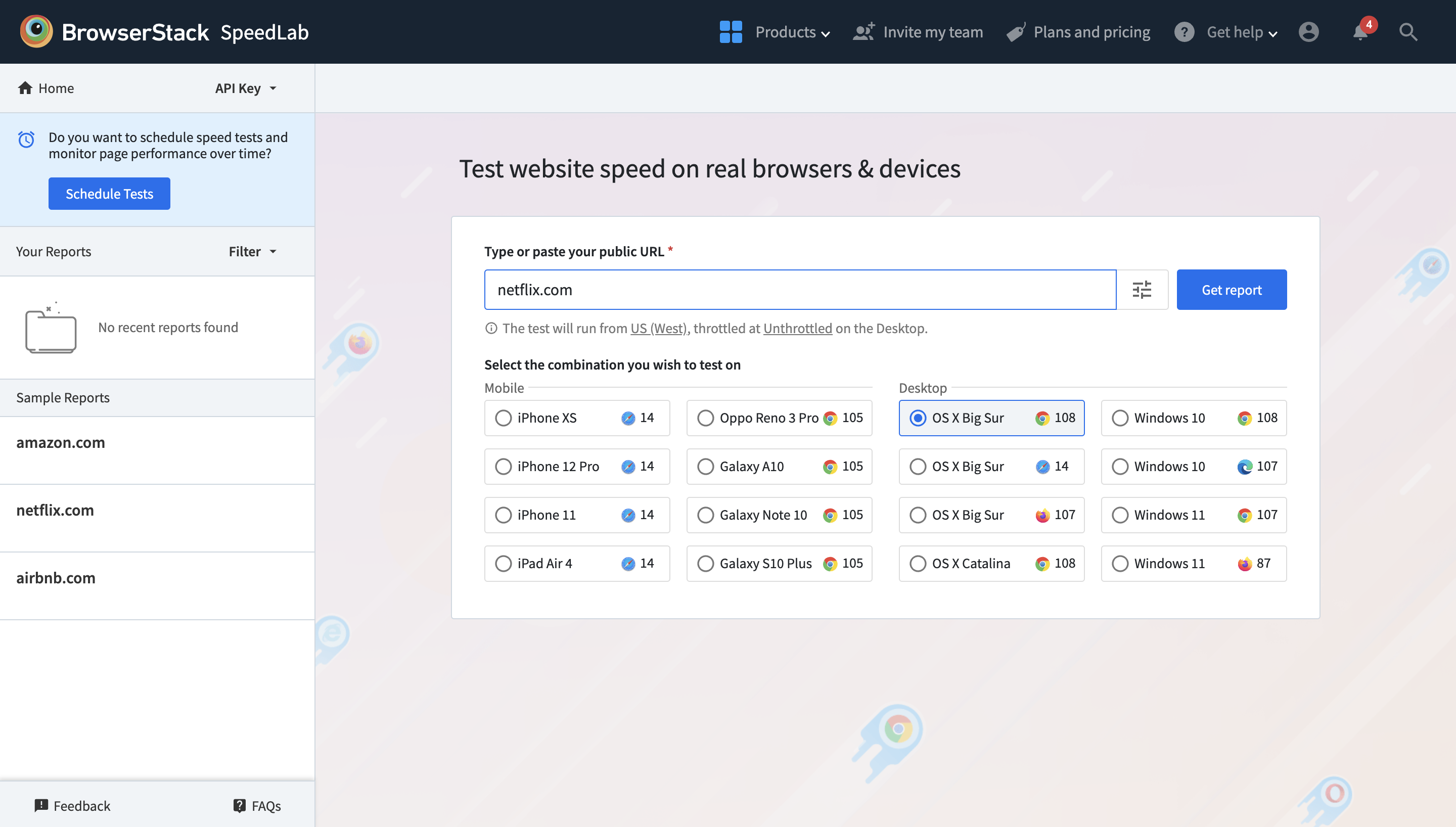
5. Enable Caching & CDN
Install a reputable caching plugin (WP Rocket, W3 Total Cache, or LiteSpeed Cache). Caching generates pre-built pages for visitors—dramatically reducing load. Pair this with a Content Delivery Network (CDN) like Cloudflare or Bunny CDN to distribute your content for global speed.
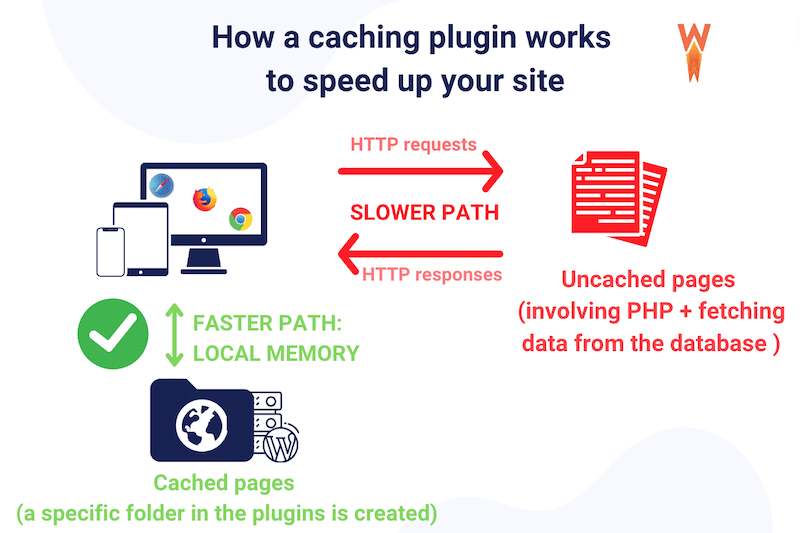
6. Streamline Your Theme
Choose a fast, lightweight theme like Astra, GeneratePress, or Hello Elementor. Avoid themes bloated with unused modules. Custom code only when necessary.
7. Minimize and Combine CSS & JS Files
Use plugins (e.g., Autoptimize, Asset CleanUp) to minify and combine CSS/JS—reducing HTTP requests and making your WordPress loading much faster.
8. Clean Your Database Regularly
Over time, the database fills with revisions, spam, and unused tables. Plugins like WP-Optimize can routinely sweep and compress your database for peak performance.
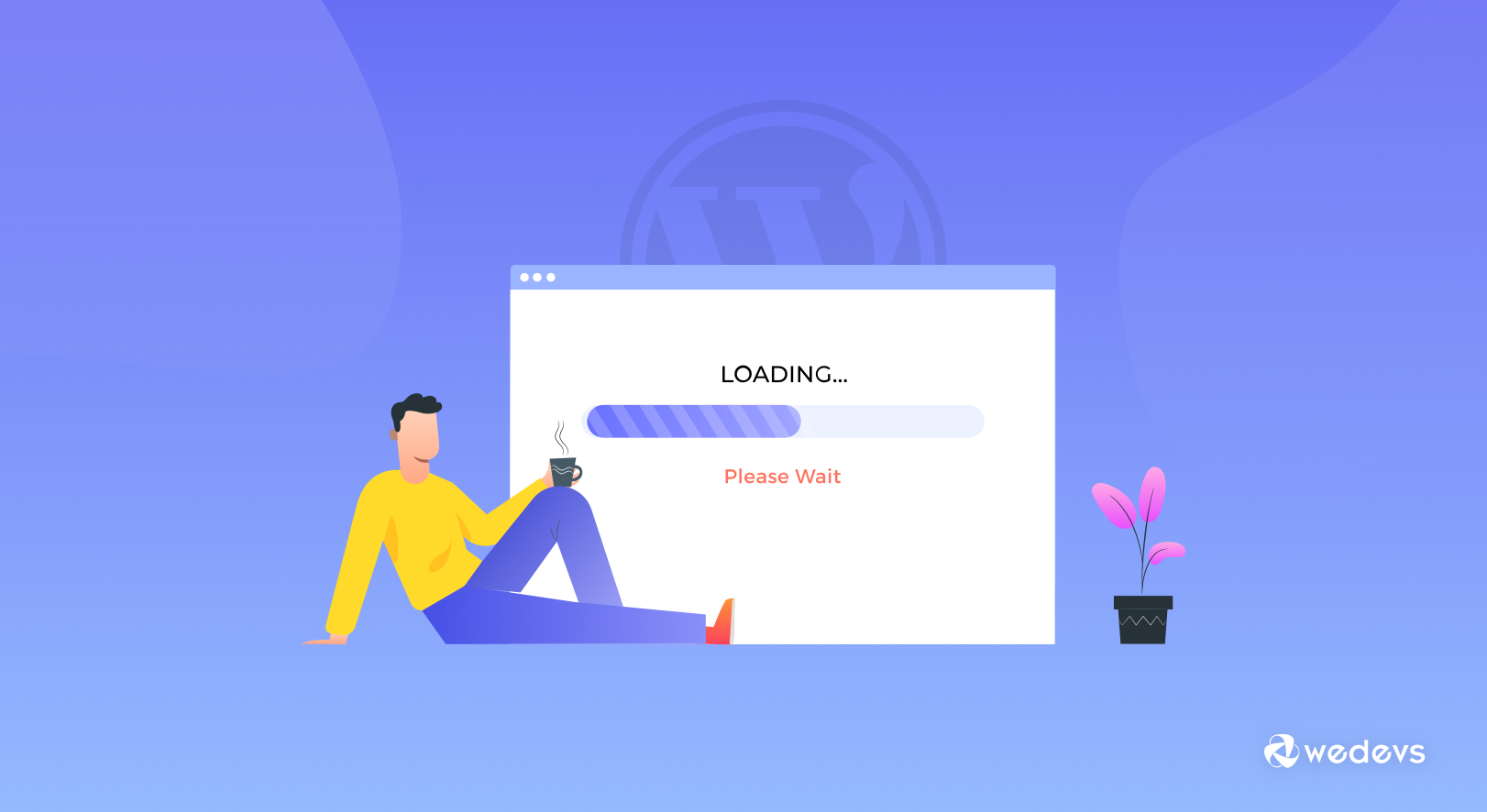
9. Keep Everything Updated
Keep your core WordPress, themes, and plugins current. Developers optimize for newest PHP/MySQL versions and better security.
10. Limit External Scripts
Remove unnecessary third-party integrations. Place analytics or ads to load async/defer, so they don’t block rendering.
(Pro Tip): Monitor Regularly
Monitor your site after making changes. Measuring before/after each tweak helps identify what makes the biggest impact on your speed.
Challenges, Myths & Objections About WordPress Loading
There are plenty of misconceptions when it comes to why your WordPress site is loading slow:
- “It’s just WordPress, it’s always slow.” Not true—properly optimized, WordPress can be lightning fast.
- “Premium themes always mean better speed.” In reality, some premium themes add bloat. Choose function over features.
- “More plugins = more features is better.” Excess plugins add unnecessary code and slow sites. Use only what you need.
- “Super cheap hosting is fine for my traffic.” Low-quality hosting can tank any other optimization effort. Invest where it matters.
- “Caching is only for advanced users.” Modern caching plugins are beginner-friendly—one-click can transform load time.
- “It’s not affecting my business.” Site speed impacts SEO, conversions, engagement—slow loading always costs money in the long run.
If you need help diagnosing or optimizing, seek out WordPress speed optimization experts or join communities like Reddit’s r/WordPress for crowdsourced advice.
FAQs: Everything About Why Is My WordPress Site Loading Slow
1. Why is my WordPress site loading slow even after optimization?
If you’ve optimized images, plugins, and caching but your site is still slow, check your hosting. Shared or low-quality providers often throttle resources, making loading times sluggish regardless of optimization efforts.
2. Will changing themes speed up my WordPress loading?
Yes! Switching to a lightweight, minimal theme (like Astra or GeneratePress) can cut unnecessary code and dramatically improve WordPress loading speed.
3. How many plugins are too many?
There’s no set number, but it’s quality over quantity. Keep active plugins under 20, only activate what you need, and regularly audit for performance.
4. Does using a CDN help with WordPress loading times?
Absolutely! A CDN distributes your content around the world, ensuring fast delivery and reducing stress on your main server.
5. What image size is best for fast WordPress sites?
Use images under 150 KB whenever possible. Resize to display size, compress before uploading, and use next-gen formats like WebP for smaller file sizes.
6. Can slow WordPress loading hurt my Google ranking?
Yes, Google lists site speed as a key SEO ranking factor. Slow-loading WordPress sites drop in search rankings, especially on mobile.
7. What’s the difference between browser caching and server-side caching?
Browser caching saves static assets locally for faster repeat visits, while server-side caching pre-builds page content so your server doesn’t render it from scratch every time.
8. How do I test my WordPress site’s loading time?
Use free tools like Google PageSpeed Insights, GTmetrix, or Pingdom. They’ll show your site’s load time and pinpoint the slowest elements.
9. Are there plugins specifically to speed up WordPress loading?
Yes, plugins like WP Rocket, W3 Total Cache, Autoptimize, and Smush are designed to boost speed by managing caching, minification, and image optimization.
10. If I move to managed WordPress hosting, will that fix everything?
Managed WordPress hosting solves many speed issues, but you’ll still need to optimize your theme, plugins, images, and database for the fastest results.
11. How often should I clean my WordPress database?
Monthly is usually sufficient. Use tools like WP-Optimize to delete revisions, spam, and orphaned data for smoother loading and better performance.
12. Does enabling lazy loading actually improve site speed?
Definitely! Lazy loading means images and resources are only loaded as visitors scroll down—reducing initial page load times.
13. Will switching PHP versions affect my WordPress loading?
Yes, running the latest stable PHP version (like 8.x) provides performance improvements—sometimes doubling response speed.
14. Should I defer or async my JavaScript?
Yes, deferring or async loading for non-critical JavaScript ensures that the site’s main content loads first, improving user experience and perceived site loading speed.
15. Can too many ads or widgets slow my site?
Yes, each external script (ads, social feeds, live chat) adds load time. Self-host essential elements and avoid clutter for optimal performance.
Conclusion: How to Stop Wondering “Why is My WordPress Site Loading Slow”
A fast WordPress site isn’t just a technical advantage—it’s essential for user happiness, SEO, and sales. If you’re still asking, “Why is my WordPress site loading slow?” use this checklist-driven approach: choose strong hosting, lighten your plugin load, optimize images, set up caching and a CDN, and keep your theme/code lean. Regularly monitor performance and keep pushing improvements for the best possible WordPress loading speed.
Ready to take action? Start by testing your site speed today, review your plugins and hosting, and watch your rankings and conversions soar. For in-depth help, consider consulting a WordPress performance expert or trusted support service. Don’t let a slow website drag your business down—your fast, successful website journey starts now!
For more expert guides on WordPress loading and site optimization, check out additional articles on DigitalWithSandip.com and join communities like Reddit’s r/WordPress.
